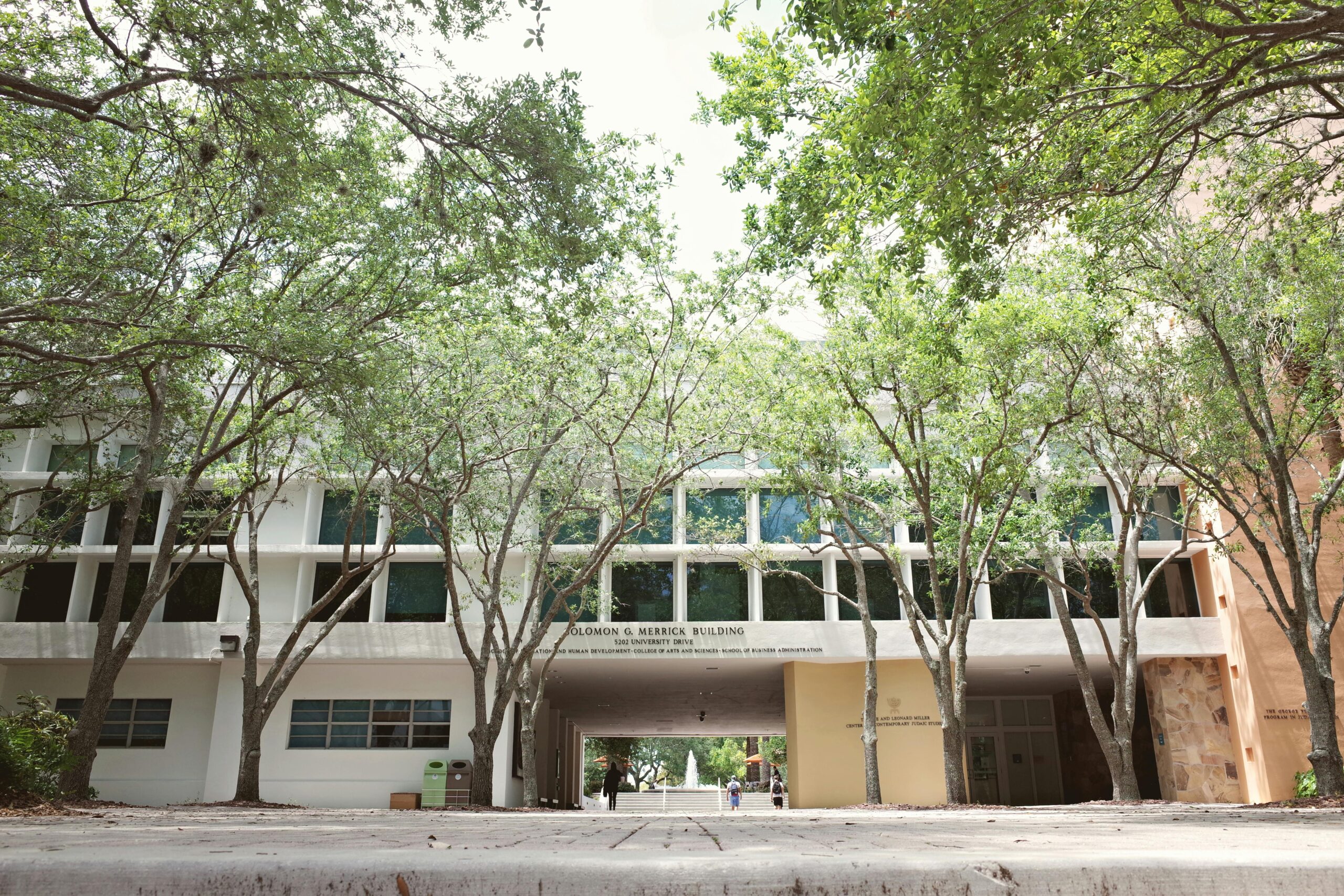Introduction: Who Are Professors?
Professors are highly educated professionals who teach at colleges and universities. They not only deliver lectures and assess student performance, but also engage in research, write academic publications, and contribute to the advancement of knowledge in their fields. Professors play a vital role in shaping the next generation of professionals, leaders, and thinkers.

The Role of Professors in Higher Education
Professors wear many hats, often going beyond teaching to:
- Conduct original research and publish academic work
- Mentor students academically and professionally
- Develop course content and curricula
- Serve on academic committees and contribute to institutional planning
- Participate in public lectures and conferences
Their work helps institutions maintain academic standards and stay at the forefront of innovation.
Qualifications Required to Become a Professor
Becoming a professor typically requires:
- A master’s degree (minimum), though most positions require a Ph.D. or doctorate
- A strong record of research and publication
- Teaching experience or assistantships during graduate school
- Specialized knowledge in a particular academic discipline
- Strong communication and analytical skills
In competitive institutions, hiring decisions often depend on the candidate’s academic reputation, research impact, and teaching effectiveness.
Types of Professors
There are several ranks within the academic profession, including:
1. Assistant Professor
An entry-level, tenure-track position. They are expected to teach, publish research, and contribute to departmental service.
2. Associate Professor
A mid-level position, often granted after earning tenure. These professors have demonstrated success in teaching and research.
3. Full Professor
A senior academic with extensive experience, often leading research projects and mentoring junior faculty.
4. Adjunct Professor
Part-time instructors who may also work in industry or other sectors. They bring practical experience to the classroom.
Professors as Researchers
In addition to teaching, professors often conduct research in their area of expertise. Their studies:
- Advance knowledge in science, technology, humanities, and more
- Influence public policy and innovation
- Attract funding and prestige to their institutions
- Provide students with opportunities to engage in real-world research
Research is a core part of a professor’s contribution to society and academia.
Challenges Faced by Professors
Despite the prestige, professors face challenges such as:
- Workload pressure from balancing teaching, research, and service
- Funding competition for research grants
- Job insecurity for non-tenure-track or adjunct faculty
- Student expectations in an increasingly digital classroom
- The need for continuous learning in evolving fields
Supportive institutional policies and professional development are essential for long-term success.
Conclusion: Professors as Pillars of Higher Learning
Professors are more than just educators—they are mentors, researchers, and thought leaders who shape the minds and futures of their students. Their impact extends beyond the classroom, influencing research, policy, and progress across every field. Investing in professors is investing in the future of education and society.










